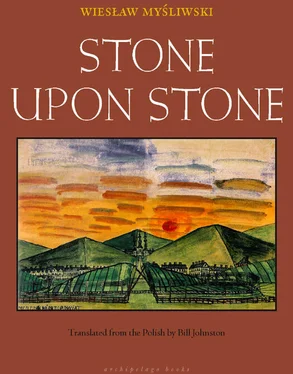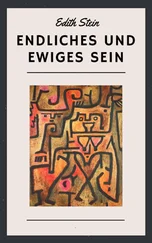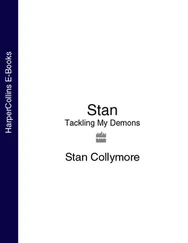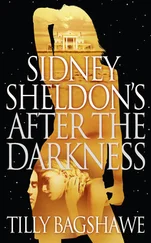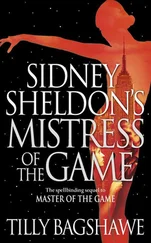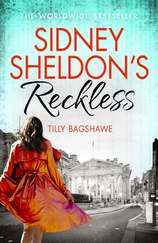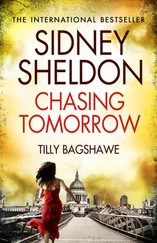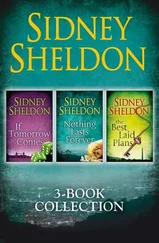Wieslaw Mysliwski
Stone Upon Stone
Stone upon stone
On stone a stone
And on that stone
Another stone
(from a folk song)
Having a tomb built. It’s easy enough to say. But if you’ve never done it, you have no idea how much one of those things costs. It’s almost as much as a house. Though they say a tomb is a house as well, just for the next life. Whether it’s for eternity or not, a person needs a corner to call their own.
I got compensation for my legs — a good few thousand. It all went. I had a silver watch on a chain, a keepsake from the resistance. That went. I sold a piece of land. The money went. I barely got the walls up and I didn’t have enough for the finish work. It’s another thing that if Chmiel hadn’t gone and died, I probably would have gotten it done. Maybe not right away, but bit by bit. I would’ve put something aside, found something I could sell. In any case there would have been someone to keep at me and not let me give up. Chmiel never liked starting a job then leaving it half done, like workmen these days. What he began he always had to finish. Except that after he did the vault he never even came to ask for his money. He took to his bed the same day, and a week later he was gone.
And before then I couldn’t find any extra cash so he could wrap the job up before he died. Because even when something came along, there were more urgent needs and the tomb had to wait. Luckily no one’s dying, I’d say to myself. Plus there were taxes and taxes. I ended up having to borrow some. Then the time came to repay and I had nowhere to get the money from.
Kubik, my neighbor, he’d come by almost every day and straight from the doorway, without so much as a good morning he’d start in with, “When are you paying me back, when are you paying me back? I was supposed to get it last Christmas, and now it’s almost December again. My lad has to get married. There’s a baby on the way. He needs a suit, a shirt, shoes. Music, vodka. The groom has to foot the bill for the whole thing. Don’t think it’s like weddings in the old days. Back then you wore your dad’s suit and your mother made you a linen shirt. And it was only local people from the village, all you really needed was the priest’s blessing. These days you have to invite everyone from the town. And you can’t give them homemade hooch — it has to be the fizzy stuff from the store. And the wedding has to last three days, cause if they’ve taken the trouble to come all this way they have to eat and drink their fill. Otherwise they’ll bad-mouth you and say the hosts were bums. And on top of everything they manage to sober up every few minutes, the bastards. The food isn’t so much of a problem as the booze. Then at the end you have to give every one of them a bottle for the road, so they’ll remember you well.”
So I borrowed from Maciołek and repaid Kubik. I reckoned that since Maciołek lived all the way past the mill, he wouldn’t be there every day like Kubik was. But Maciołek turned out to be a pain in the ass as well. He didn’t come visit. But every time I met him in the village, he’d start hollering from way off:
“Give me my money back, you son of a bitch! You borrowed it fast enough!”
I was afraid to go down the co-op to buy bread, because I might run into him there. I was even afraid to go to church on Sunday — sometimes he wouldn’t even wait till we got out of the churchyard, he’d start right in on me in front of everyone while we were still on hallowed ground.
In the end I said to myself, why should I let some old fart push me around. I put a rope on the heifer and walked her down to the purchasing center to sell her. Ever since she was a calf I’d planned to keep her, but what could I do. I just made sure not to meet anyone in the village on the way. I didn’t want people feeling sorry for me and saying what a pity it was I had to sell it. Luckily the weather was good and people were working in the fields. There was only old Błach sitting on the bench outside his place warming himself in the sun. His eyes were closed, either from the glare or because he was dozing, so I was counting on being able to pass by without him noticing. The heifer wasn’t making much noise, and I was walking softly as well. But all of a sudden something flashed in those eyes of his, like they’d flipped over.
“You taking her to be serviced?”
“No, to sell her.”
“It’d be better to have her serviced.”
“That it would.”
“Then you’d have a fine cow. You could milk her on all six teats. You wouldn’t have to drink water during the harvest. You could drink sour milk. You’d just have to buy some jugs. Back in the day, at the fairs there was every kind of jug you could want — clay ones, earthenware ones, tin ones. You could make cheeses. You could hang ’em up in your attic in straw baskets and let ’em cure there. They can cure for years. War comes, you’ve got cured cheeses. You can eat ’em with noodles or with bread. You can even take a hunk to the fields with you. You can plow and mow and seed all day long and you won’t go hungry. Or you could tear bits off it and toss ’em to the rooks. They’d follow you all day long. This way, they’ll just slaughter her and eat her and shit her back out again.”
“Cows don’t last forever either.”
“But while they’re there they give you milk. Besides, what lasts forever?”
I had to bite my lip to stop myself saying something harsh to the old man, he was driving me crazy. I knew full well I’d have had a cow. I didn’t need to be reminded. Her coat was dense as thatch. She had a nice small-sized head and broad shoulders. Her hind legs were set wide apart, she almost looked like she’d have grown a double udder. Also, when I went to lead her out of the shed she wouldn’t let me put the rope over her horns. She wouldn’t have it, she shook her head left and right to stop me. In the end I had to take her by the muzzle, stroke her, and say:
“Come on, I have to build that tomb.”
And now the tomb’s standing there unfinished and going to waste. It needs timbering on the outside. There needs to be a separate slab for the entrance, so you don’t have to wall it up after every casket. And an inscription saying this is the tomb of the Pietruszka family. Maybe it could even be gilded. These days everyone has a gilded inscription. At the Kłonicas’ they don’t just have an inscription that says Kłonica Family, but each Kłonica is written separately in gold — Baltazar Kłonica, Jędrzej Kłonica, Adelajda Kłonica, Zofia Kłonica, née Cholewka, when they were born, when they died, and in addition, “Lord, what is man, that thou takest knowledge of him!” There must be a hundred letters in all. But then the Kłonicas sow eight or ten acres of flax alone every year, so they can afford gilding.
People have been trying to convince me to grow flax as well. Flax is gold, they say. An acre of flax is worth five acres of wheat, seven acres of rye, and potatoes, God knows how many. And it’s no more work than with rye or wheat or potatoes. You sow it, pick it, dry it, thresh it, and take it to be sold. As for seed, if you contract for a supply they’ll provide it. They’ll even give you a loan so you can pay them. And if there’s a wet year for flax? Then it’ll be a wet year for rye and wheat too, to say nothing about potatoes. When it’s wet, everything’s wet. The rain doesn’t choose to fall only on wheat or potatoes or flax. On your field or on mine. Is any of us more pleasing to God? The flood covered the whole world. Only Noah was left, and he took two of every animal and two grains of every grain. And if there’s a disease? Don’t rye and wheat and potatoes have their own diseases? With potatoes it’s even worse, because they have the potato beetle. And even pheasants won’t get rid of the potato beetle. One time they released pheasants into the fields, to eat the potato beetles, they said. It got quite colorful out there. You’d be mowing and a pheasant would fly up from under your feet. But did it last long? There was one group of hunters after another, and now you can’t find a pheasant to save your life. So they’re sending people out again to look for beetles. And turnip, carrots, cabbage — don’t they all have their own diseases? What doesn’t?
Читать дальше
